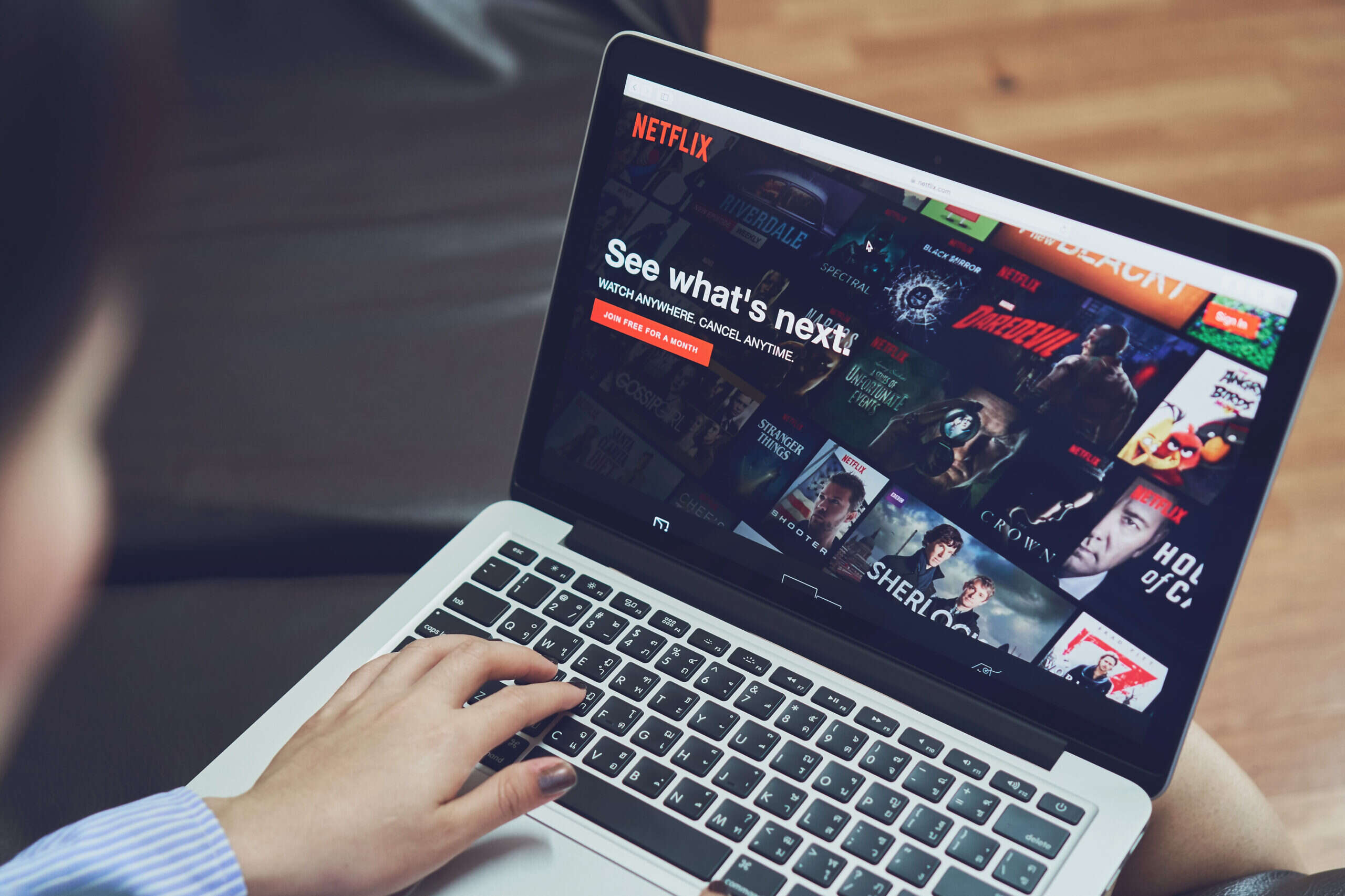
Streaming services such as Netflix could provide public service content in future, the TV regulator has said, amid an uncertain future for traditional broadcasters.
Ofcom said that public service broadcasters – such as the BBC, ITV, Channel 4 and Channel 5 – are “at a critical juncture”.
It said there is an urgent need for new laws and rules to help them compete with US giants like Netflix and Amazon Prime.
But it also said other providers, such as existing streaming services or new, smaller companies, could be asked to deliver public service programming in future.
“There might be ways of bringing in new providers or even providers that are already there, like Netflix or Sky or Discovery, into the market,” Ofcom chief executive Dame Melanie Dawes told the PA news agency.
An Ofcom report said tools like tax relief and contestable funds could be used to encourage other providers to create public service content, including some “with a national or local focus”.
Dame Melanie said public service broadcasters would welcome Ofcom’s call for changes to legislation to the TV regulatory framework.
But she added: “We’re not nostalgic about institutions either. We’re basically saying it’s the content that matters to the viewer.”
British broadcasters have argued that rules on competition, prominence, advertising, taxation, content regulation and production quotas need rebalancing, with a set of rules applying to UK companies but barely any for relative newcomers like Amazon, Facebook and Netflix.
British broadcasters are regulated by Ofcom and face strict rules on everything from regional production quotas to the watershed.
Dame Melanie said in a statement: “Our traditional broadcasters are among the finest in the world.
“But television has witnessed a blizzard of change and innovation, with audiences turning to online services with bigger budgets.
“For everything we’ve gained, we risk losing the kind of outstanding UK content that people really value.
“So there’s an urgent need to reform the rules, and build a stronger system of public service media that can flourish in the digital age.”
Ofcom said its research shows that people still value public service content, despite audiences increasingly turning to global streaming.
Last year, only 38% of viewing by 16 to 34-year-olds was of traditional broadcast content.
Two in five viewers of streaming services say they can imagine watching no broadcast TV at all in five years’ time.
But Ofcom said public service broadcasters are credited with bringing society together, through events and programmes watched by millions.
News is seen as its most important offering, with more than seven in ten viewers placing importance on regional news.
Recently, MPs called on Ofcom to look at BBC plans to cut its regional news services in England.
Viewers also want to keep seeing content made about the UK and their own area on screen, Ofcom said.
Original UK children’s programming, education and religious programming, made specifically for the UK, are seen as public service content that the market is unlikely to provide.
Ofcom said rules and laws around public service broadcasting largely date from when the internet was still in its infancy.
A BBC spokesperson said: “We welcome Ofcom’s consultation showing that public service broadcasters are highly valued by UK audiences.
“A publicly-funded BBC is at the heart of a thriving UK creative sector.
“We’re also pleased to see Ofcom’s call for regulatory reform that’s fit for a global, digital market place.
“We’ll look at any proposals carefully and respond fully in due course.”
ITN chief executive Anna Mallett said: “ITN welcomes Ofcom’s conclusions, which recognise that news is central to the debate of how the public service broadcasting system should evolve.
“Ofcom’s own research has found that ‘trusted news’ is the most important feature of the current system.
“Any proposed legislative changes present a unique opportunity to enhance the reach of broadcast news by guaranteeing prominence, conditions for plurality of news services and fair value for the role it plays in society.”
Picture: Shutterstock
Email pged@pressgazette.co.uk to point out mistakes, provide story tips or send in a letter for publication on our "Letters Page" blog
